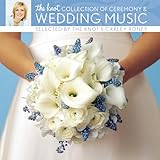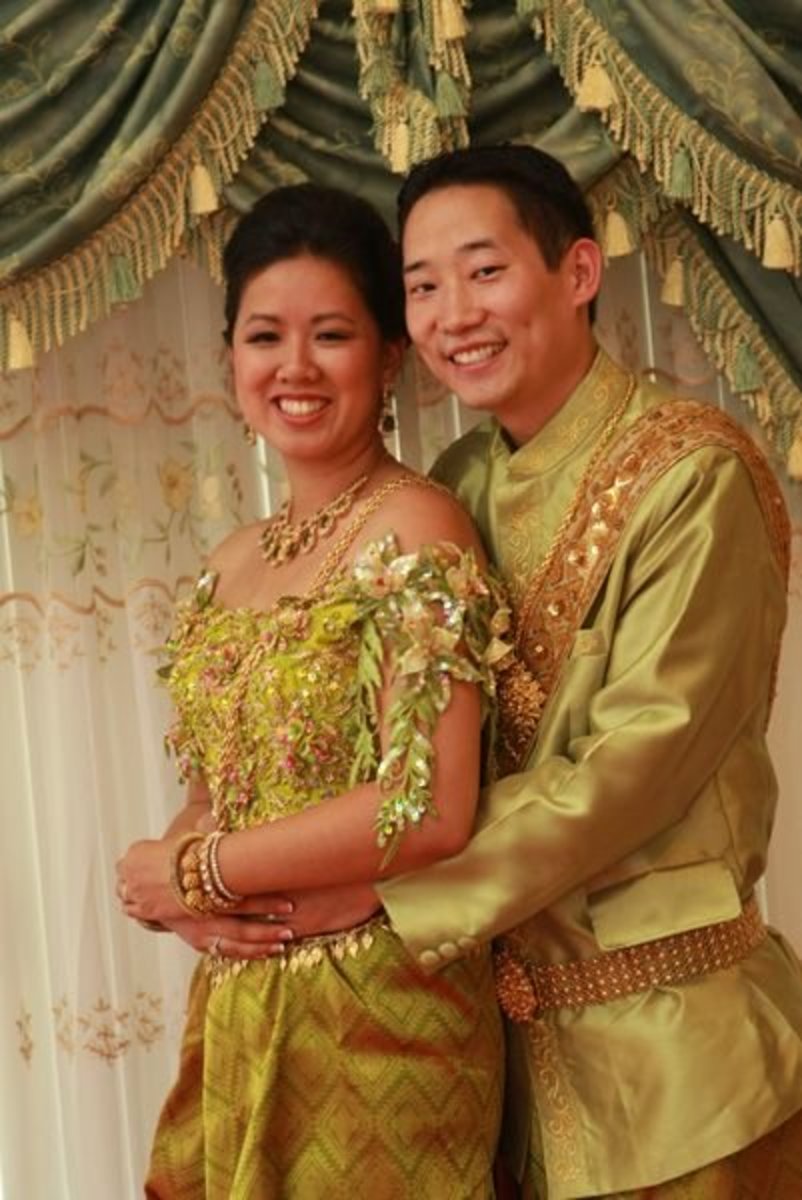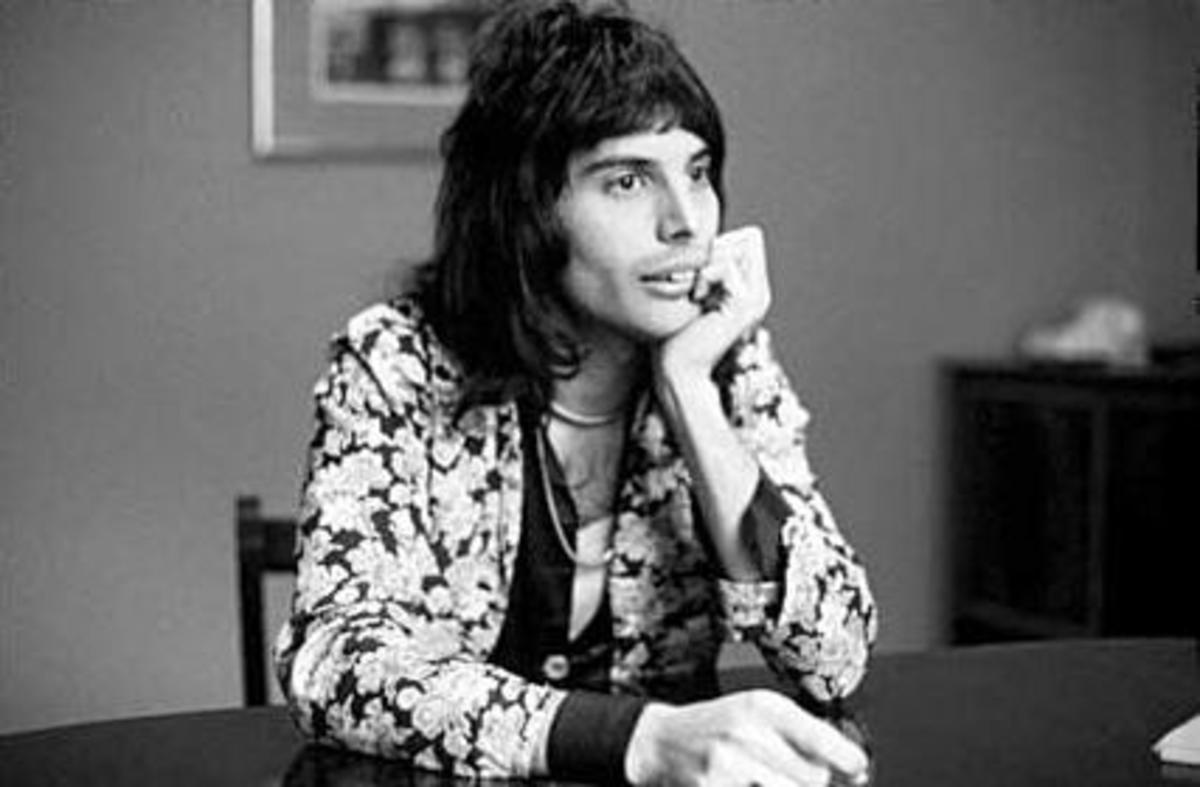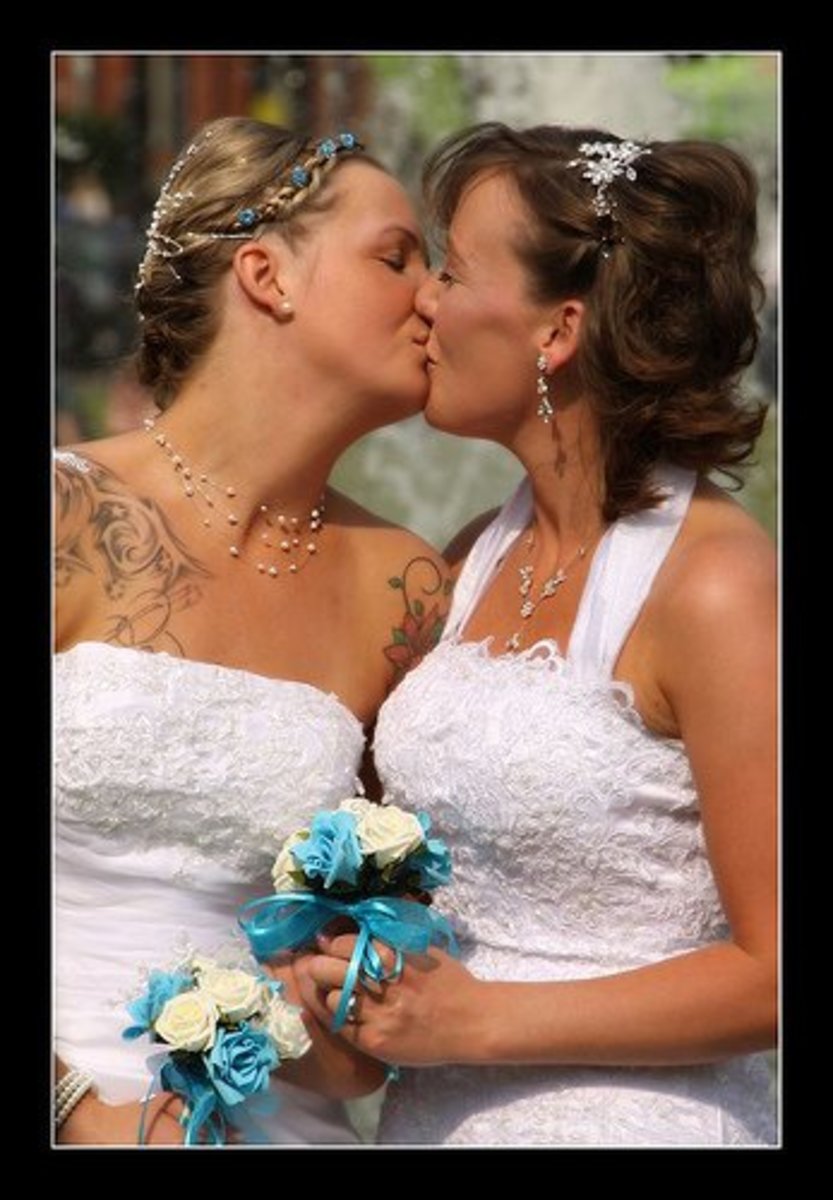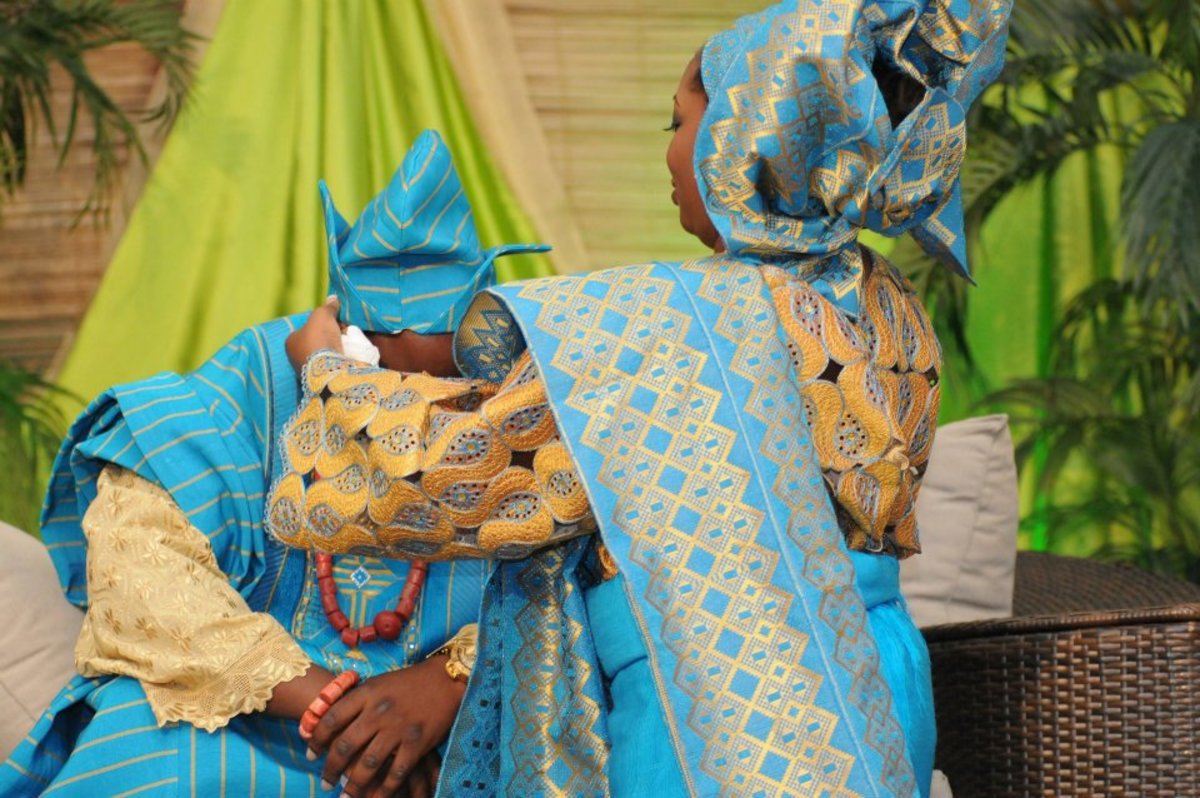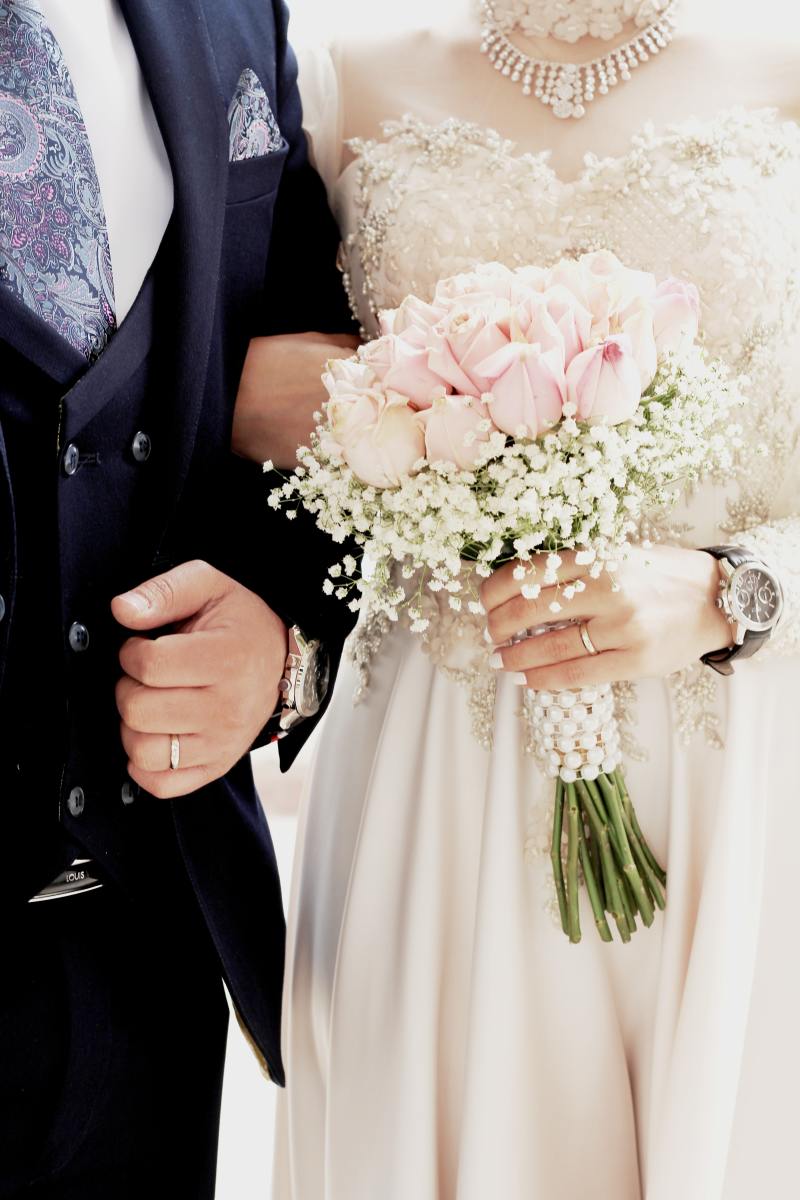Best Processional Music and Songs for your Wedding
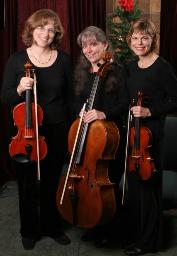
Imagine the hushed moment just before a long-awaited wedding ceremony is about to begin. The guests are comfortably seated, the venue is elegantly decorated, and the bride is ready; she is breathtaking, if just a touch nervous, in her gorgeous gown. The wedding party is assembled, ready to proceed to where the ceremony is to be performed, and they are awaiting their cue, waiting for the music that will usher them to their places. Many couples spend hours planning this moment, putting enormous amounts of effort into choosing every flower, every decoration, every minute detail of their clothing. But many couples run into some difficulty when it comes to the important task of choosing the music that will best suit this crucial moment. Should the music be live or recorded? Traditional or modern? Classical or romantic? These choices will be just as instrumental in determining the tone of the ceremony as any other decision the couple will be asked to make in the course of planning their wedding. Many musicians who perform at weddings will be very willing to provide you with suggestions about what repertoire might best suit the mood of your ceremony, but as in all situations, a bit of prior knowledge can be very helpful in ensuring that you are delighted with the end result.
Choosing Live or Recorded Music
Perhaps the most important decision you will make about music for your wedding is whether to hire live musicians or to rely on recorded music. There are many benefits to choosing live music for weddings. Live musicians will add a touch of class to the ceremony, whether it is formal or informal. There is something undeniably elegant about having live music at an event. Live music will also afford you a greater degree of flexibility. With recorded music, you may choose selections from a CD, but you can’t ask the CD to come to a natural resolution once the bride reaches the front of the aisle. Most live musicians are accustomed to such requests, and can take measures to ensure that the music optimally fits the ceremony. With recorded music, you are at the mercy of whatever sound system your venue has available, and such systems can run the gamut from reasonably good to quite terrible. Possibly the only perceived benefit to having recorded music is that it is possibly less expensive, but in reality, unless your venue provides an adequate sound system, you may spend just as much (if not more) money procuring an effective means of playing your recordings. Many musicians will quote you a reasonable price for the function, which will likely represent a relatively small part of your wedding budget.
Selecting the Mood for the Processional
If you do choose live music for your wedding ceremony, you will probably be asked if you have any preferences regarding the ‘processional’ music, that is, the music that is played when the bride walks down the aisle (or through the garden, or however it works at your chosen venue). In weddings where there is a large wedding party, often there are two, even three musical selections chosen: one for the parents, one for the wedding party, and a final one for the bride. The song chosen for the bride is what we will focus on in this article, although many of these selections will work for the other portions of the processional. The songs you choose will ideally be suitable for the instrumentation of the ensemble you choose, so if you choose a jazz band for the ceremony, you may not want to tell them to play ‘Ave Maria’ as your processional, although most musicians will try valiantly to accommodate your requests, even if they are slightly outlandish! There are around ten to fifteen pieces of music that are most commonly used as wedding processional music. Even among this small group, there is a fairly wide variation in mood. Some of the selections aim for a ‘regal’ feeling (think trumpets in the court of King Arthur). Others provide more of a quiet, calm beauty (think Impressionist paintings). And a third group evokes more of a hip, modern, romantic feel. The choice is, of course, yours.
Clarke's 'Trumpet Voluntary"
The ‘Regal’ Selections
The most traditional music we commonly associate with weddings tends to fall into this category, the most popular being Wagner’s Wedding March (best known in the United States as ‘Here Comes the Bride’). The others in this category have a similar feel, and all are excellent performed by organ, strings, or brass ensembles. Mouret’s ‘Rondeau’ (otherwise known as the theme to ‘Masterpiece Theatre’) is another selection in this vein. Clarke’s ‘Trumpet Voluntary’ (also sometimes called the ‘Prince of Denmark’s March’) also has a very stately, dramatic effect, as does Purcell’s ‘Trumpet Tune’. Often, these very traditional processionals will be juxtaposed against Mendelssohn’s Wedding March, which makes a very appropriate recessional in the same mood.
Bach's 'Air on the G String'
The ‘Tranquil’ Selections
These works of music are my personal favorites when planning a wedding; they provide a quiet, romantic mood that tends to transition well to the hush of the ceremony itself. The most common request in this category is Pachelbel’s Canon in D, traditionally performed in a string quartet, but adaptable (as are most others in this category) to small groups of strings, winds or brass. Other possibilities include Bach’s Air on the G String (from Bach’s Third Orchestral Suite), Handel’s ‘Air’ (from his ‘Water Music’ Suite), or Delibes' ravishing ‘Flower Duet’ from his opera 'Lakme'. Bach’s ‘Jesu, Joy of Man’s Desiring’ is also beautiful and peaceful, but does have religious connotations that make it a more appropriate choice for some weddings than others.
The Obamas dance to 'At Last'
The ‘Modern’ Selections
Many couples today wish to experience an updated version of weddings of the past. Such couples may want to choose music from the jazz literature, from Broadway musicals, or even from movies as the selection for the bride’s procession. There is a wide variety of music in this category, ranging from slow and almost unbearably romantic to hip and upbeat. The mood will need to correspond to the overall feel of your ceremony. It is also a good idea with these selections to ask around a bit, to make sure no one close to you has any deep objections to the music you have chosen. Since these songs are a part of the popular vernacular, you may find, for example, that your mother-in-law’s ex-husband used to sing one of these songs to her, and now it drives her crazy. (Of course, possibly, that’s exactly the effect you’re going for… but do you really want to alienate your mother-in-law already?) Some popular music in this category includes: ‘At Last’ (Etta James), ‘It Had to Be You’, ‘Unforgettable’ (as performed by Nat King Cole), and the ‘Wedding Song (There is Love)’ by Peter, Paul and Mary. If you prefer a song you may have heard performed onscreen or onstage, you could choose Bernstein’s ‘One Hand, One Heart’ from his musical ‘West Side Story’, or ‘Over the Rainbow’, as sung in the ‘Wizard of Oz’. Or, if, like me, you have always secretly wanted to be Audrey Hepburn, you could select ‘Moon River’, from her movie ‘Breakfast at Tiffany’s’.
Making Your Final Decision
You see, the choice is yours, and this is a moment with almost infinite possibility. Recordings of these selections are widely available; listen to all of them if you are able. You can find live performances of most, if not all, of these pieces on YouTube; many musicians and ensembles who perform at weddings have demo CD’s and/or websites where you can listen to your very own group performing various possible selections. Do not underestimate the importance of the music that will underlie this moment; it will partially determine what the bride will be feeling as she takes the trip of a lifetime down the aisle, and will help set the tone for the couple’s life that is to follow.


